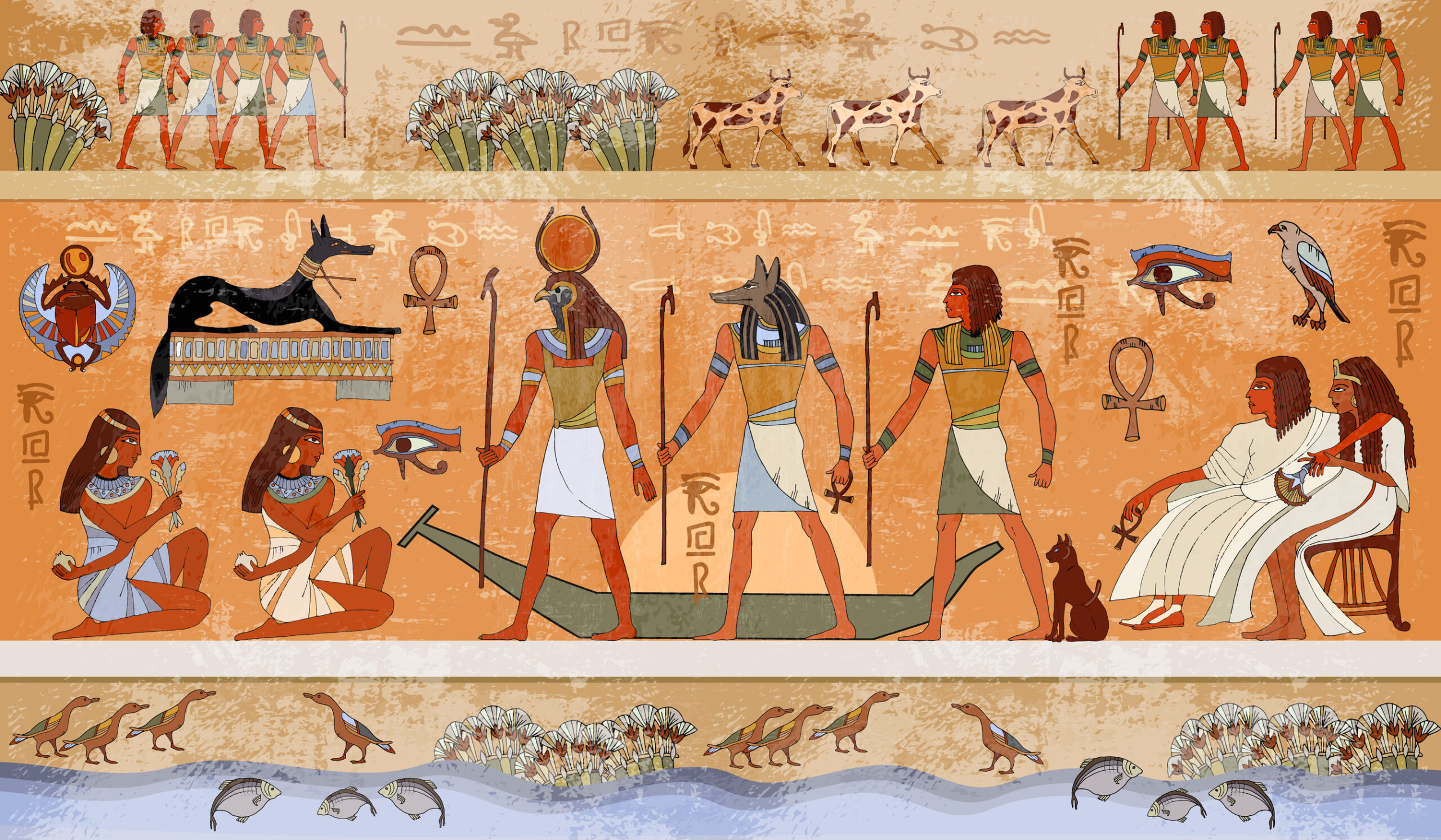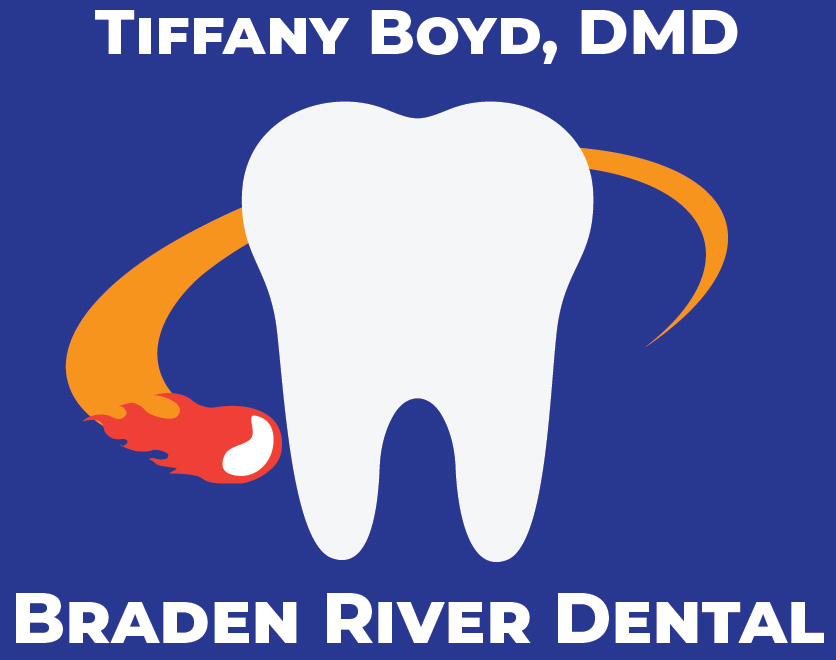
08 Mar Innovations in Dental Care: The Toothbrush, Part 1
Dentistry, like any medical field, is an ever-evolving practice. That’s why Bradenton dentist Dr. Tiffany Boyd regularly signs up for continuing education classes. She has a Bachelor of Science degree in microbiology with a minor in chemistry in addition to her Doctoral degree in Dental Medicine (Go Gators!), but she keeps taking classes so that she can stay up to date on any advances in dental care that might benefit her patients.
But, while new innovations – from digital x-rays to better bonding and filling materials – are always finding their way into our dental office in Bradenton, there is a staple of dental care that has remained remarkably unchanged for hundreds of years: the humble toothbrush.
Who Invented the Toothbrush?
If the question “Who invented the telephone?” came up on trivia night, you would probably be able to rattle off the name Alexander Graham Bell without hesitation. And, no doubt, you were taught about Thomas Edison inventing the lightbulb (and a whole bunch of other things!) when you were in school.
But what about the toothbrush? Who was the genius who came up with this amazing tool that has changed so little over time?
The story of how the toothbrush evolved may not be as straightforward as the easily digestible historical lessons about the Wizard of Menlo Park. Maybe that’s why it isn’t common knowledge. As the folks at HISTORY.com say, “Looking for an innovative dental hygiene enthusiast to thank next time you polish your pearly whites? Turns out it’s not that simple.”
The story starts long ago, with the ancient Egyptians. The experts at History.com say they, “are thought to have scrubbed their choppers with a special powder made from ox hooves and eggshells as far back as 5000 B.C.”
That abrasive powder would definitely have removed surface materials – and just about everything else – from your teeth. But, according to the American Society of Overseas Research, the average lifespan for ancient Egyptians was 22.5-25 years for males and 35-37 years for females (isn’t that interesting?!), so they wouldn’t have needed their pearly whites to last as long as you will.
If you want to keep your teeth healthy for a lifetime, the team at our Bradenton dental office recommends using a fluoride toothpaste, which should be much easier to find than ground ox hooves.
If you have other questions about your family’s dental care, please contact Braden River Dental in Bradenton!

Sorry, the comment form is closed at this time.